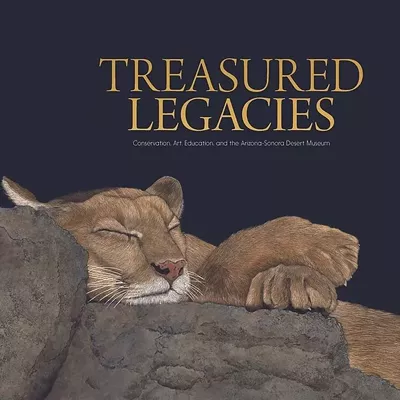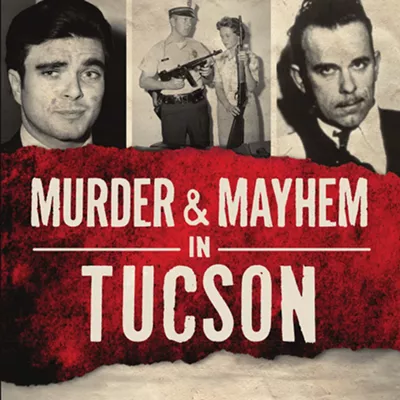Thomson is an acerbic film critic with a keen eye for what is art and what is merely product. In this--the fourth edition in 20 years of what used to be called "A Biographical Dictionary of Film," but now carries the more authoritative label "The Biographical Dictionary..."--Thomson updates his increasingly dense study by tackling many of Hollywood's contemporary themes and stars.
At nearly a thousand pages, just about anyone who has ever carried any weight in the film industry is considered. And it is safe to say, without benefit of an official scorecard, that the majority of those mentioned here do not fare particularly well. That is because Thomson writes with the same cold, objective eye that marked the work of fellow Brit, Graham Greene. And in applying that icy standard, he often asks his readers to consider many unappealing truths about show business.
He calls into question the high regard that many lauded movie-types have enjoyed for years or, in some cases, decades. The work of such tinsel town favorites as Walt Disney, Tom Hanks, Jack Lemmon, Bob Hope, Helen Hunt, Paul Newman--all of whom are adored by legions of fans--are reappraised with a far more brutal eye than most readers might be accustomed to seeing.
His analysis of Robert De Niro is just one example. For years De Niro has sat confidently atop the acting pyramid in Hollywood with few questioning his lofty status. But Thomson is unconvinced: "De Niro has done 23 pictures [since 1993] ... And since several of those films have been made for De Niro's own production company, this is not just an actor taking assignments. It's a business, not necessarily more compelling to the boss or useful to the public than his restaurant operation ... De Niro has gone a long way to squander his own high reputation by the remorseless greed for minor or trashy projects."
Ouch! But more than just beating up on De Niro, Thomson's scathing appraisal touches on the biggest truth of all about modern cinema--it's a business, derived as much from corporate concerns as artistic ones.
As a result, few recent "big" flicks make the grade in Thomson's eyes. He calls Cast Away, "an abominable Fed Ex promo." A Beautiful Mind, he says, settled for a "false kindness" that "makes Hollywood feel better about itself." (In that same vein, he has no use for Jonathan Demme's self-congratulatory Philadelphia). Thomson writes off the art-house hijinks of the Coen Brothers as snickering pretension and his contribution for current critical favorite Wes Anderson amounts to three brief sentences ending with "he might be something one day."
Such opinions have not sat well with many. His critics label Thomson as something of a nostalgia nerd, who forever embraces the fantasy world of Hollywood's supposed "golden age." And it is true that he lingers over such old timers such as Howard Hawks far too much for his own good. But, on the other hand, he rightly slams the legendary status that many of those old dinosaurs--such as Charlie Chaplin and Frank Capra--have too long enjoyed.
He is not always a contrarian. His praise of Stephen Spielberg and Tom Cruise follows in close step with the rank and file. He insists on Woody Allen's merit in spite of a decade's worth of evidence suggesting otherwise. And Thomson's celebration of Denzel Washington smacks of political correctness.
But he counters such unsurprising write-ups with more interesting and unexpected acclaim for the likes of Ida Lupino, George C. Scott, Angie Dickinson and other taken-for-granted stars.
Even better results follow when Thomson steps outside of make-believe world of Hollywood and considers grimmer realities, such as how Lee Marvin's tour of duty in World War II may have shaped his tough-guy image. Or how Fritz Lang's early years in Nazi Germany molded to his dark view of man.
"Lang's adult stories are too concentrated for today's standards," he writes and in doing he dispels the myth that old movies only dealt with fantasy while new ones tackle reality. By and large, the opposite is true.






